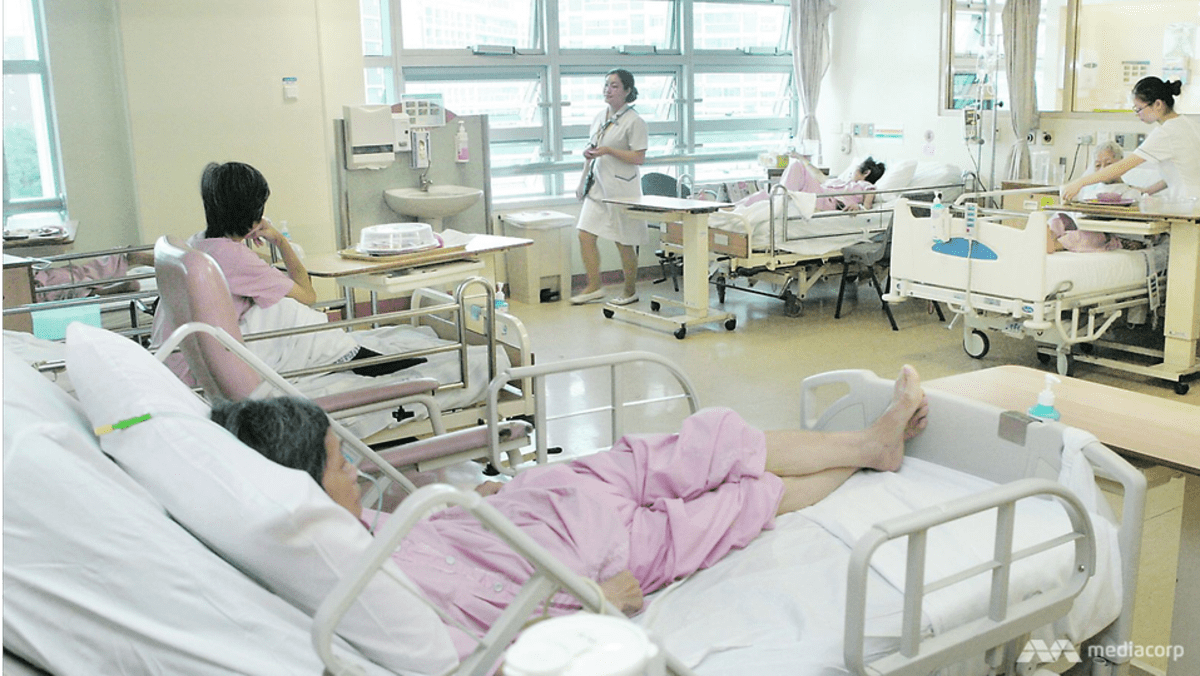SINGAPORE: Precision medicine therapies are set to be covered under MediShield Life to keep such treatments affordable for Singaporeans, said Health Minister Ong Ye Kung on Thursday (Oct 10).
The MediShield Life Council has recommended extending MediShield Life coverage to approved precision medicine therapies, he said, adding that the Ministry of Health (MOH) intends to accept the recommendation.
“That way, the approved precision medicine therapies or high-cost therapies can be brought into our subsidy, MediShield Life and MediSave … support framework, and all Singaporeans can benefit from these therapies,” Mr Ong said in his speech at the opening ceremony of the Singapore Health and Biomedical Congress 2024.
The recommendations by the council will be released next week.
Genomics has made precision medicine possible by tailoring medical treatments to an individual’s genetic qualities, increasing the chances of treating a serious disease or prolonging life.
But it can also be “very expensive” and cost hundreds of thousands of dollars per treatment, said Mr Ong, describing this as a “double-edged dimension of precision science”.
“In time, precision medicine will increasingly become mainstream clinical practice. However, I don’t think any healthcare financing system in this world is designed to fully fund precision medicine,” said the minister.
“This means that left on its own, it is very likely that only the rich will be able to afford precision medicine, leading to serious inequity in healthcare.”
The government is taking steps to embrace precision medicine “in a sustainable way” and prepare for when it becomes mainstream.
Besides accepting the recommendation for MediShield Life to cover precision medicine, Singapore is also investing in local capabilities to develop such treatments, shorten production times and lower costs in the near future.
Health technology assessment has also been strengthened to “robustly evaluate” the cost-effectiveness of high-cost treatments, including precision medicine, he said.
“Where they are proven to be clinically and cost effective, we will subsidise these therapies,” he added.
NEW LAWS
Insurers can use genetic information to decide on insurance coverage, such as how much a person can be charged and what to exclude.
This undermines the purpose of insurance, which is to protect us against “unexpected bad luck, including being dealt with a bad genetic hand at birth”, said the minister.
MOH has worked with the Life Insurance Association to put in place a moratorium on genetic testing and insurance, which disallows the use of genetic test results for insurance underwriting.
However, at some point, this moratorium needs to be strengthened. The health ministry is working on new legislation to govern the use of genetic and genomic test data, said Mr Ong.
This aims to address “potential undesirable outcomes”, such as the discriminatory use of genetic information in areas such as insurance and employment.
“We will conduct broad consultations and hope to submit the Bill to parliament in the next one to two years,” he added.
Mr Ong also spoke about potential ethical issues associated with advances in healthcare technology.
He noted that while defective genes can now be edited to treat diseases, the same technology could also in theory be used to design babies before they are born.
They may also allow companies to select employees based on a person’s genetic qualities.
